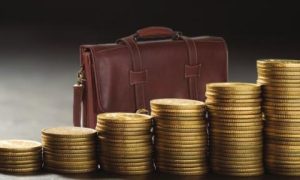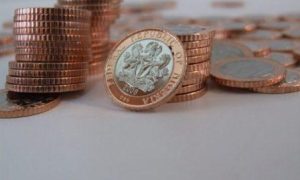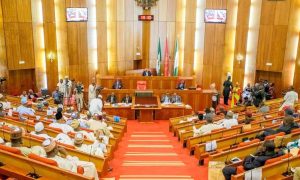Nigeria’s foreign reserves have surged to $34.14 billion, data from the Central Bank of Nigeria (CBN) released at the weekend has shown.
This marks a 4.06% increase from $32.74 billion on June 3, 2024.
The growth is driven by recent loans secured by the Federal Government from the World Bank and inflows from other sources like offshore remittances and portfolio investments by offshore investors.
In May, the Bureau of Public Enterprises, announced a $500 million World Bank loan aimed at boosting the country’s electricity distribution sector. Additionally, the World Bank confirmed $2.25 billion in support to help stabilise Nigeria’s economy.
“This combined $2.25 billion package provides immediate financial and technical support to Nigeria’s urgent efforts to stabilize the economy and scale up support to the poor and most economically at risk. It further supports Nigeria’s ambitious, multi-year effort to raise non-oil revenues and safeguard oil revenues to promote fiscal sustainability and provide sufficient resources to deliver quality public services,” the World Bank stated.
As a result, Nigeria’s external reserves have increased by over $1 billion in just one month. Last year, the country faced a severe dollar shortage, prompting the central bank to float the naira to boost foreign exchange inflow. Since then, the naira has depreciated by over 300% in one year, trading at 1,514.31 per dollar in the Nigerian Autonomous Foreign Exchange market on Friday.
According to a Bloomberg report, the naira was the worst-performing currency globally in the first half of 2024, hindered by devaluation, insufficient dollar liquidity, and market volatility. The Egyptian pound and Ghanaian cedi were also among the worst performers.
“The naira’s performance is the worst among global currencies tracked by Bloomberg, aside from Lebanon’s pound, which is experiencing an economic crisis and dollarization,” the report noted.
Despite these challenges, Central Bank Governor, Olayemi Cardoso sees a silver lining. He said the cocktail of reforms currently administered on the economy would turn things around and said that the apex bank was “relatively pleased” with the progress in stabilising the local currency.
He added: “I do believe that we have more or less seen the worst in terms of volatility,” Cardoso told Bloomberg TV.



























